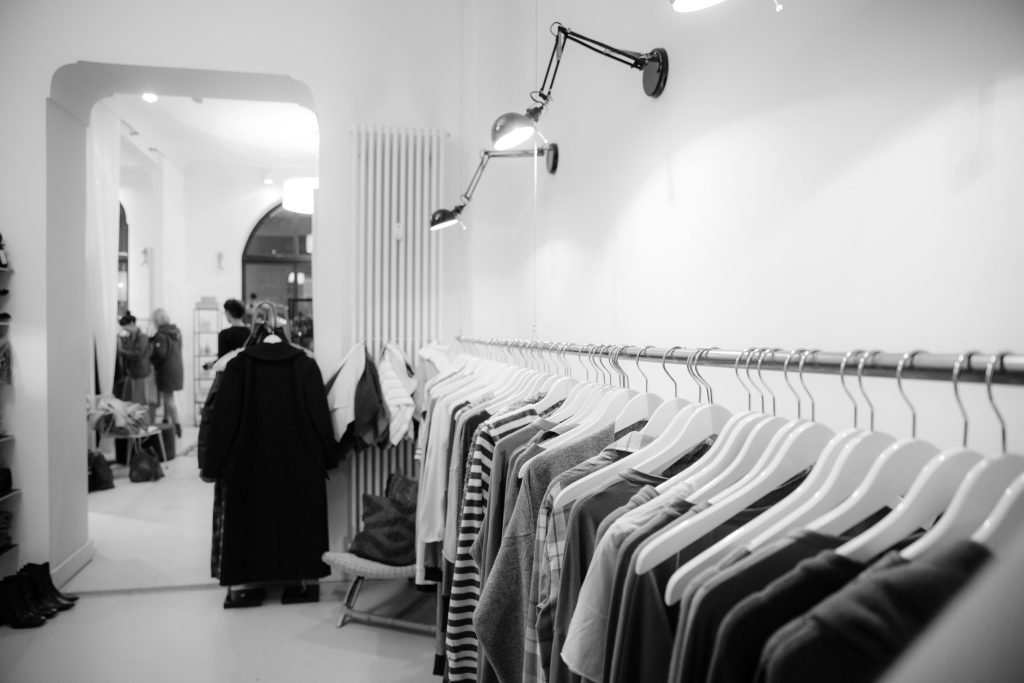The Messy Reality of Artist Merch
Picture this: you’ve just finished an incredible show, the crowd’s still buzzing, and fans are practically throwing money at your merch table. But somehow, three months later, you’re still waiting for those t-shirts to arrive, half your orders got mixed up, and you’re pretty much breaking even on the whole thing.
Sound familiar? You’re not alone. The thing is, most artists treat merch as an afterthought. They focus on the creative side (fair enough, that’s the fun bit) but completely wing the business side of getting products made and sold.
Here’s the truth: a solid supply chain can be the difference between merch that funds your next album and merch that just sits in boxes under your bed.
Where Most Artists Get It Wrong
The biggest mistake? Thinking you can just figure it out as you go. Actually, let me rephrase that. The biggest mistake is assuming your mate who “knows someone in printing” can handle your entire merch operation.
Look, starting small is fine. But if you want to scale up, you need systems. Real ones. Not just a WhatsApp group with your drummer and a spreadsheet that three people have editing access to.
Getting Your Production Timeline Right

This part’s a bit tricky, but it’s crucial. Most artists work backwards from when they need the merch, not forwards from when production needs to start.
Let’s say you’ve got a tour starting in six weeks. You think, “Cool, plenty of time to get some shirts made.” But here’s what you’re not accounting for:
- Design approval and revisions (longer than you think)
- Sample production and approval
- Actual manufacturing time
- Shipping delays (because there’s always shipping delays)
- Quality checks before you sell them
Suddenly six weeks becomes not nearly enough time.
The artists who nail this start planning their merch at least 8-12 weeks before they need it. Sometimes longer for complex items or international shipping.
Finding the Right Partners
You know what separates successful artist merch from the amateur stuff? Working with people who actually understand the music industry.
Generic print shops might be cheaper upfront, but they don’t get the urgency of tour dates or the quality expectations of music fans. They’ve never had to rush an order because a band just got added to a festival lineup, or deal with last-minute venue changes that affect delivery.
Companies like **Supply Crew** get it. They work specifically with artists and understand that your merch needs are different from corporate promotional products. Sometimes you need 50 shirts, sometimes you need 5,000, and you need someone who can handle both without making you feel like you’re asking for the impossible.
The Money Side of Things

Here’s where most artists’ eyes glaze over, but stick with me. Your margins matter more than you think.
If you’re selling a $25 shirt and it costs you $20 to make and fulfill, you’re not really making money. You’re just moving money around. Factor in payment processing fees, damaged or returned items, and the time you spend managing everything, and you might actually be losing money.
Smart artists aim for at least 60-70% gross margins on their merch. That means if you’re selling something for $25, it should cost you no more than $8-10 to produce and deliver.
Making It Actually Work
The artists who consistently profit from their merch do a few things differently:
They plan ahead instead of scrambling at the last minute. They find reliable partners and stick with them rather than shopping around for the cheapest option every time. They track their numbers properly so they know what’s actually profitable.
Most importantly, they treat their merch like a real business, not just a side hustle that’ll figure itself out.
The truth is, your fans want to support you. They want to wear your designs and show they were at your show. But they also expect quality, and they expect you to deliver what you promise. Get the supply chain right, and suddenly merch stops being a headache and starts being genuine income.





















